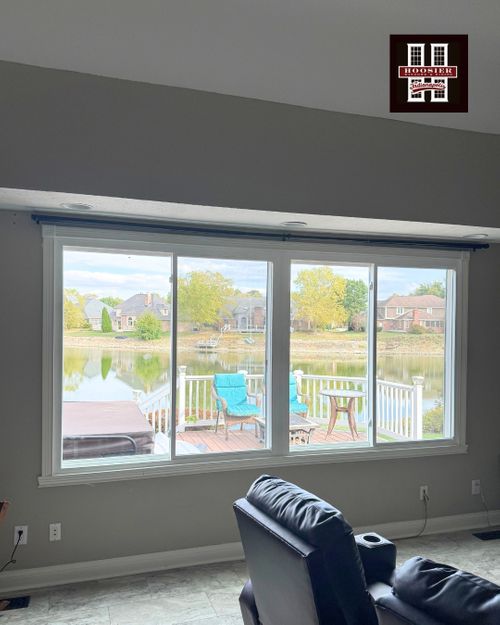When Do I Know It’s Time to Replace My Windows?
Your windows are one of the most important parts of your home—they bring in natural light, provide ventilation, and contribute to energy efficiency and curb appeal. But how do you know when it's time to replace your windows?
If you’re noticing higher energy bills, drafty rooms, or visible signs of damage, it may be time to consider window replacement. In this blog, we’ll walk you through the key signs it’s time for new windows, the benefits of replacing them, and what to expect from the window installation process.
Top Signs It’s Time to Replace Your Windows1. Your Windows Are Drafty
One of the most common signs you need replacement windows is feeling a draft—even when the windows are closed. Drafts are not only uncomfortable, but they also increase your heating and cooling costs. Modern energy-efficient windows are designed to seal your home properly and keep your indoor climate consistent year-round.
2. Your Energy Bills Are Rising
Older windows often lack the insulation technology that modern energy-efficient replacement windows offer. If you’ve noticed your energy bills creeping up, inefficient windows might be the culprit. Look for windows with ENERGY STAR® ratings to boost your home’s energy performance.
3. Visible Damage or Decay
Do you see cracked glass, warping frames, or signs of rot? Water damage, mold, and peeling paint around your window frames are strong indicators it’s time for new window installation. These issues can lead to further damage inside your walls if not addressed quickly.
4. Your Windows Are Hard to Open or Close
Struggling to open or close your windows? If your windows stick, won’t lock properly, or don’t stay open, it’s more than a nuisance—it’s a safety and security issue. Modern replacement windows glide smoothly and provide improved locking mechanisms for peace of mind.
5. Noise Pollution Is a Problem
If outside noise easily seeps into your home, your current windows may lack proper insulation. Upgrading to double or triple-pane windows can significantly reduce noise and create a quieter, more peaceful indoor environment.
6. Condensation Between the Panes
When you notice fog or condensation between the panes of glass, it’s usually a sign that the seal has failed. This means the window’s insulating gas has leaked, reducing energy efficiency. In most cases, a full window replacement is the best solution.
Benefits of Replacing Your Windows
Replacing your old windows isn’t just about fixing problems—it’s also about upgrading your home’s value, comfort, and appearance. Here are a few benefits of investing in new windows:
-
Lower energy costs with energy-efficient window replacements
-
Increased home value and curb appeal
-
Improved indoor comfort and temperature control
-
Reduced outdoor noise infiltration
-
Enhanced home security and safety

